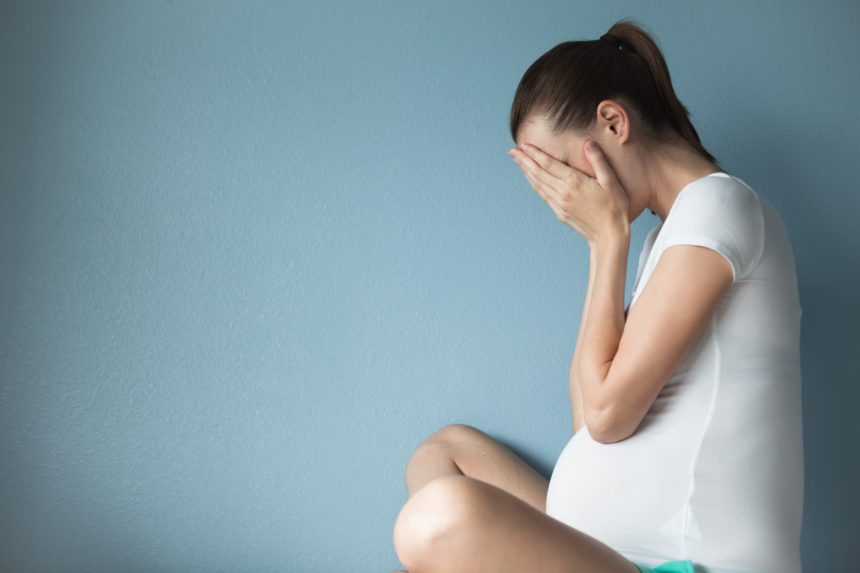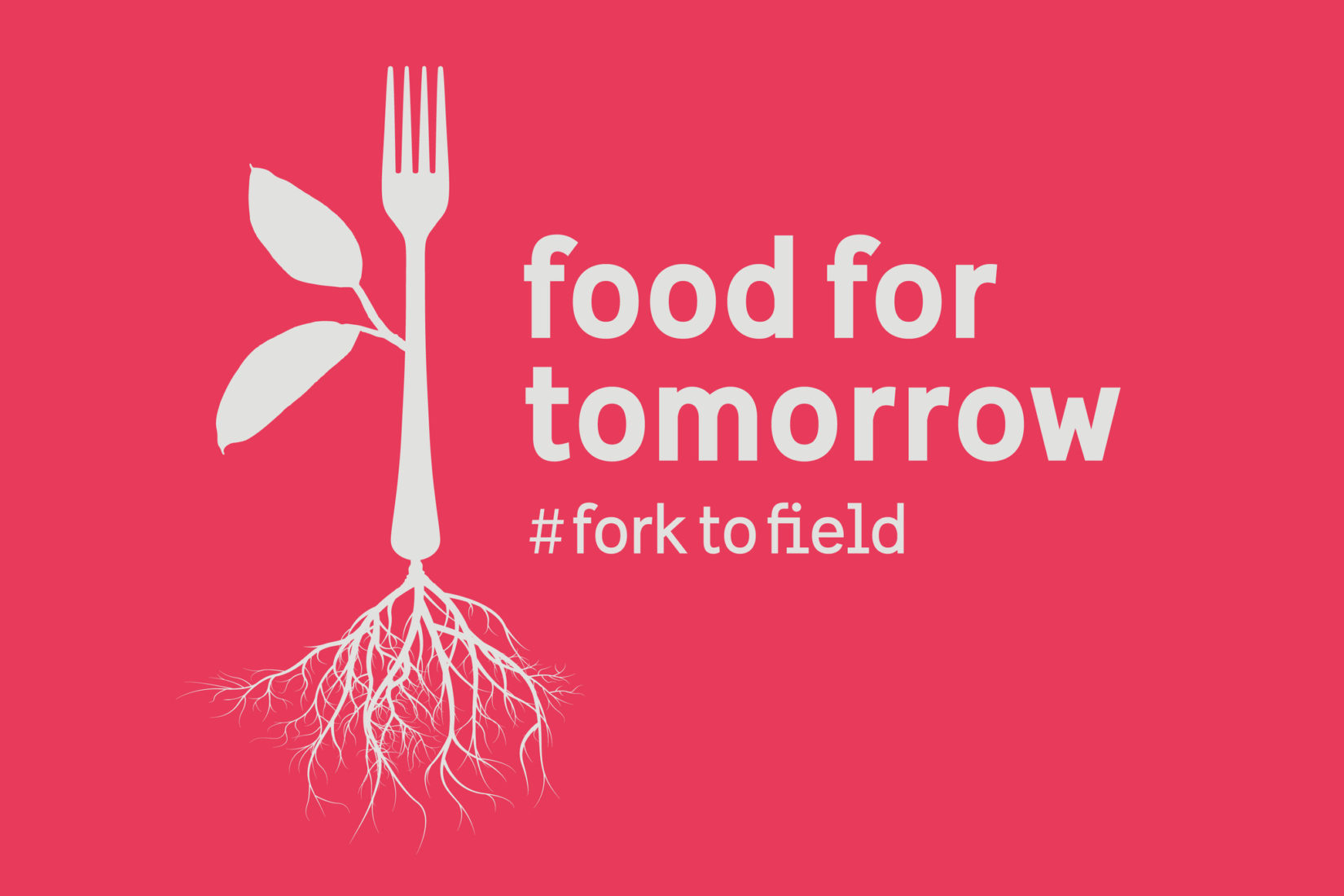Did you know that at least 1 in 10 women will develop some kind of mental disturbance- be in anxiety, depression, OCD, suicidal thoughts, or something else- during her pregnancy?
The time of pregnancy is supposed to be one that is full of joy- we bloom, we glow, and we are told to enjoy and embrace every second of this incredibly magical time. But for many women, and more than would dare to admit it- this is not the case. Whilst a lot (still not enough) has been done to raise awareness around post-natal depression, few realise that a woman is just as likely to be depressed when she is in the second to third trimester, as she is when the baby is born. In addition to this, those already suffering from prenatal depression are more likely to continue suffering, after the baby is born. As a result, women are left trapped in a situation where they are being pressured to be happy, but remain depressed with little to no recourse.
Being depressed whilst pregnant can encompass a whole range of symptoms- anxiety, hormonal shifts, mood swings, insomnia, panic attacks, OCD, irritability, sadness, crying, and many others. There is little known about why women suffer more during pregnancy, but it can be attributed to any number or combination of things including chemical and hormone imbalances, social factors, unplanned pregnancy, relationship stress, lack of support, past trauma, concern about the future, or in my case- coming off medication for chronic depression.
One of the few things that is known about pregnancy depression however, is the fact that it can happen to any woman, at any time during her pregnancy, regardless of previous mental health issues, or any other factors. It just happens.
As someone who has suffered with depression all her life and was happily settled on a medication- Citalopram, I was worried when I was told to come off it immediately when I found out I was pregnant. I was diagnosed with a high-risk pregnancy and told that SSRI’s posed an increased danger of miscarriage, haemorrhaging, and birth defects.
At this delicate stage of gestation after a threatened miscarriage, I was scared to even go to the bathroom in case I started bleeding again so the decision to give up my medication on the say-so of my doctors was taken without hesitation. I was confined to bed, scared to even sit up straight and would spend hours crying and crying- missing my previous life, yet being full of terror that I would lose the one growing inside of me. I felt cut off from the world- I didn’t want to see anyone and yet I missed being able to do the things I used to do. I resented not being able to go to the shops or for a coffee, and I became a huge ball of anxiety, depression, resentment, misery, isolation, and pain.
I am still suffering on a daily basis- whilst not as extreme as before, it is still a constant presence that rears its ugly head up every few weeks and culminates in an anxiety/depression attack that results in me having to get introvenous magnesium at the hospital becuase that is the only thing I am “allowed” that has any kind of therapeutic affect.
The problem was that at the time I was told to come off my medication, no one gave me the full facts of the situation. No one explained how small the risks were, no one explained the context of the reported side effects, and no one- not one of the two psychiatrists, one GP, and two OBGYNs pointed out that perhaps these risks were less of a risk than me being unmedicated, untreated, and suffering through months of pregnancy.
Little thought was given to how I- a living, sentient, actual human being was feeling and how the implications of my situation would affect my health and wellbeing, as well as that of the baby. The concern was only that of the baby- anything to do with how I felt or the fears I had for my own health were inconsequential and were my responsibility to “get on with” until I could go on medication the moment the baby is born.
There was no effort to explore other options or other medications- I was told that ALL depression medication was harmful and that if I wanted some, they would not provide any information or guidance on it and both I and my partner would have to sign a number of legal documents, relinquishing all responsibility of the hospital. This again, sent me swirling into a pit of self-despair and depressive thoughts that now, and for the rest of my life, I would be considered as less valuable than my child.
I have since discovered that the drug I was taking is considered as one of the safest options for pregnant women, but to get a prescription would require going against doctors orders, signing a number of release forms, and being unable to ask for any guidance or information on dosage- I would be doing it on my own. Furthermore, because of their misinformed scaremongering, I am now actually terrified to take them, something that I know is irrational, but is now deeply engrained in me and my neurosis.
As well as putting a huge pressure on the woman and her baby, the failure to property treat depressed pregnant women also has a huge impact on family and interpersonal relationships. Partners, even with the best intentions often put it down to stress or hormones, without understanding the full picture or that fact that it is not a choice or something that can be cured with a walk or a bit of chocolate. The women who suffer with these conditions know they are being irrational and difficult, but there is also no way of stopping it or controlling it, something that adds to their feeling of despair even more.
The pressure to be upbeat and positive whilst pregnant is immense and this is reflected in their treatment by medical professionals, most of which fail to understand the severity of the situation, or that it cannot be cured with a herbal tea and a bit of yoga. Whilst exercise, diet, and medication can and do help a number of women, they are not “cure-all” solutions for those suffering from debilitating medical conditions. You wouldn’t treat any other life-threatening illness with tea and breathing techniques alone- the same applies to mental health.
With mental health issues being the leading cause of death amongst pregnant women, we need to realise and understand that this is a situation not to be taken lightly. Apart from the risk of suicide (intentional or accidental), women are also more likely to self medicate with alcohol, drugs, or cigarettes as well as risking poor eating habits and failure to take prenatal vitamins. There are also now a growing number of studies that suggest that depression during pregnancy increases the riskof mood disorders in children and depression when they reach adulthood- can we really afford to stop ignoring pregnant women who say they are depressed?
Yes, medications do carry risks, but we also need to weigh up the risks for the mother and hear health. In cases such as mine where I was talking the contraceptive pill responsibly and yet still conceived, I was not even given a choice in how to manage my mental health whilst being pregnant.
Doctors need to be more educated on just how serious mental health problems are and on the fact that my needs as a human being, are just as valid and important, if not more so at this stage, than the ones of the life inside of me. In order for my baby to be happy and healthy, I need to be as well and that is what the doctors I have spoken to, and even supposedly well meaning people I have talked to about it, fail to realise.
Follow The Balkanista!




